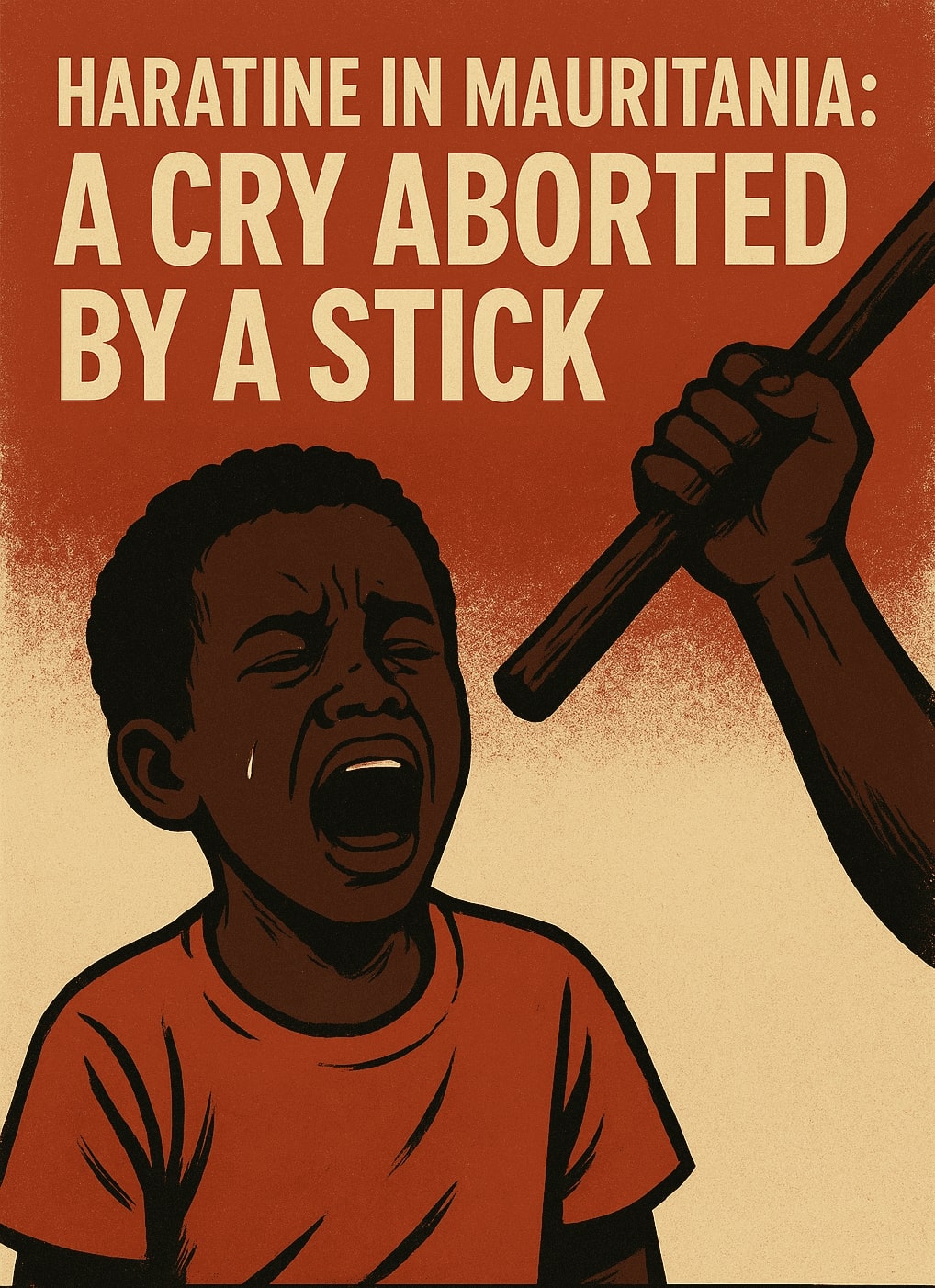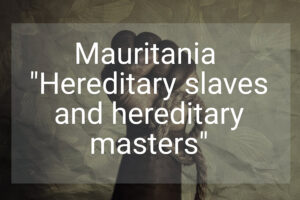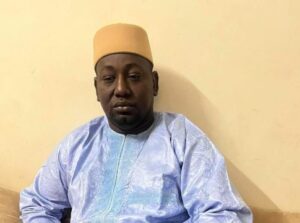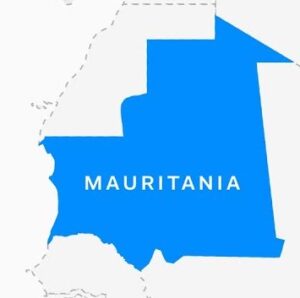In the spring of 2025, Mauritania’s conscience – if anything – was shaken by repressive campaigns against the children of the Haritin ethnic group, a social group born out of slavery, which today lives in its long shadow despite the legal texts that claim to prohibit it.
The recent arrests of prominent activists – including MP Warda Ahmed – were nothing but a mirror of a deeper tragedy: the tragedy of a fragile existence, which the state recognizes only when there is a need to use oppression against different social components under the pretext of maintaining security.
Protest, protestation Becomes a threat to the homeland
What began as a peaceful uprising to demand the application of the law criminalizing slavery and lifting structural marginalization was met with a series of violent and disproportionate responses from the security services. Riot carts, night-time home invasions, raids without warrants, and dubious media silence.
The government, in turn, has not shown any willingness to dialogue, but has taken out of its usual rhetoric: “national unity is threatened,” and“ethnic strife driven by enemies.”
But the question that the crushed street asks is: Who threatens loneliness? Is he the one shouting for equality? Or who scares him to see yesterday’s slave as his counterpart today?
Between law and reality… Slavery distance
Mauritania passed a law criminalizing slavery in 2007, and then tightened it in 2015, but the application of these laws remained selective and fragile, and did not touch the essence of the crisis. The children of the guardians are still deprived of land ownership, equal access to jobs, or real political representation. Even symbolic recognition of their history is absent from textbooks and national curricula.
Slavery here has not been defeated… Rather, it has been transformed into soft forms of class discrimination and codified racism.
When struggle becomes a “hate crime”
The greatest irony is that the state does not criminalize slavery as much as it criminalizes those who talk about it. Every activist who highlights discrimination becomes, in the tradition of official discourse, a “racist,” a “separatist,” or a “foreign agent,” and the judiciary is employed as a hammer to quell the voices demanding justice, not as a balance for redressing the oppressed.
Civil Resistance Written in Ink and Fear
Despite this, civil society organizations – including the Liberals Network and the IRA – continue to struggle on the ground, documenting abuses and raising their voices in international forums. But these efforts are paying the price of harassment, censorship, and the stigmatization of activists as traitors. However, these forces still constitute the living conscience of a homeland that has not yet apologized to its victims.
Towards Confronting the Truth:
Confronting the reality of the guardians does not tolerate further ignorance or beautification. A society that does not recognize its wound does not heal, and a state that fears its different citizens does not deserve to be called a state. Hence, the Network of Liberals in Mauritania calls for:
● The formation of an international independent commission of inquiry into the recent repression.
● Imposing international supervision on the trials of activists.
● Reconsider the equitable distribution of wealth and opportunities among all components.
● Incorporating the true history of slavery into educational curricula, without sanitization or erasure.
● Encouraging independent media to be a mirror of reality, not a mirror of authority.
It is no longer possible.
Being silent about injustice is not neutrality, but complicity. The fact that a state continues to deny the suffering of a large segment of its citizens is a negation of the very principle of citizenship. The Haratin case is neither an internal affair nor a forgotten history, but an open wound in the conscience of a homeland, healed only by justice.




